What do you think?
Rate this book
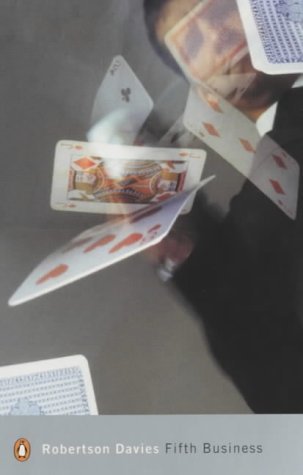

252 pages, Paperback
First published January 1, 1970

I know flattery when I hear it; but I do not often hear it. Furthermore, there is good flattery and bad; this was from the best cask. And what sort of woman was this who knew so odd a word as “hagiographer” in a language not her own? Nobody who was not a Bollandist had ever called me that before, yet it was a title I would not have exchanged to be called Lord of the Isles. Delightful prose! I must know more of this.
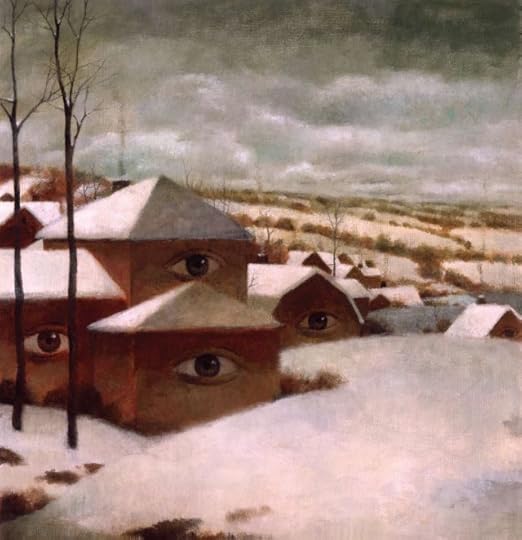

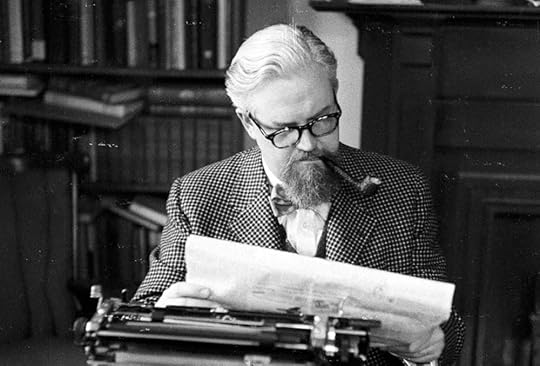

is the one who knows the secret of the hero's birth, or comes to the assistance of the heroine when she thinks all is lost, or keeps the hermitess in her cell, or may even be the cause of somebody's death if that is part of the plot. The prima donna & the tenor, the contralto & the basso get all the best music and do all the spectacular things but you cannot manage the plot without Fifth Business! It is not spectacular but it is a good line of work and those who play it sometimes have a career that outlasts the most golden voices.The novel by Robertson Davies encapsulates the period before & after WWI, the "Flapper Era" & the crash of the stock market while relating the story of Dunstan Ramsay, someone who always manages to remain an outsider, even while teaching history for 40 years at a boys boarding school, nurturing both students, some of whom become future Canadian leaders and also a personal interest in magic and the lives of various saints, something that causes friction within his stolid Protestant community & causes him to be passed over as headmaster at the school. Dunstan never seems to settle in to a life of stability & comments that: "even the war had not matured me; I was like a piece of meat that was burned on one side & raw on the other."
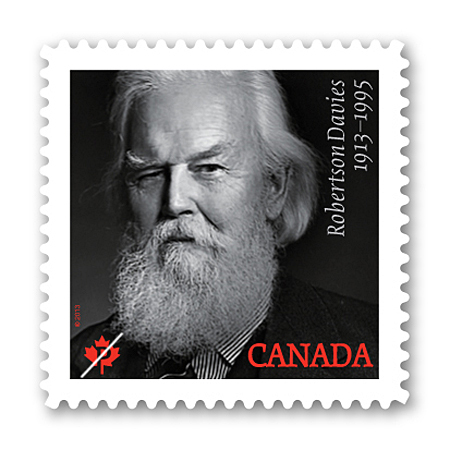
I was trying to get at the subject without wearing either the pink spectacles of faith or the green spectacles of science. All I had managed by the time I found myself sitting in the basilica of Guadalupe was a certainty that faith was a psychological reality and that where it is not invited to fasten itself on things unseen, it invaded & raised bloody hell with things seen. Or perhaps the irrational will have its day.At this point, a quest for a delineation of faith and a keen interest in magic begin to overlap, eventually leading to an ending that might be called either fanciful or just mysterious depending on one's point of view about Dunstan Ramsay and his oddly focused quest. Fifth Business is a rather quirky novel with characters that are occasionally difficult to identify with but a book I enjoyed following to the end, with the ending being just the opening book in the Deptford Trilogy.
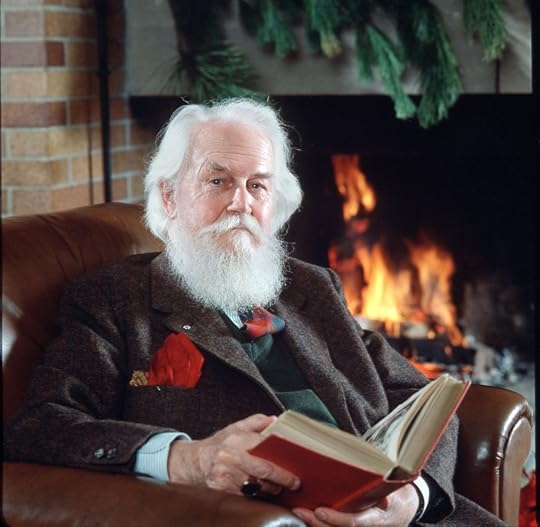
Those roles which, being neither those of Hero nor Heroine, Confidante nor Villain, but which were none the less essential to bring about the Recognition or the denouement.